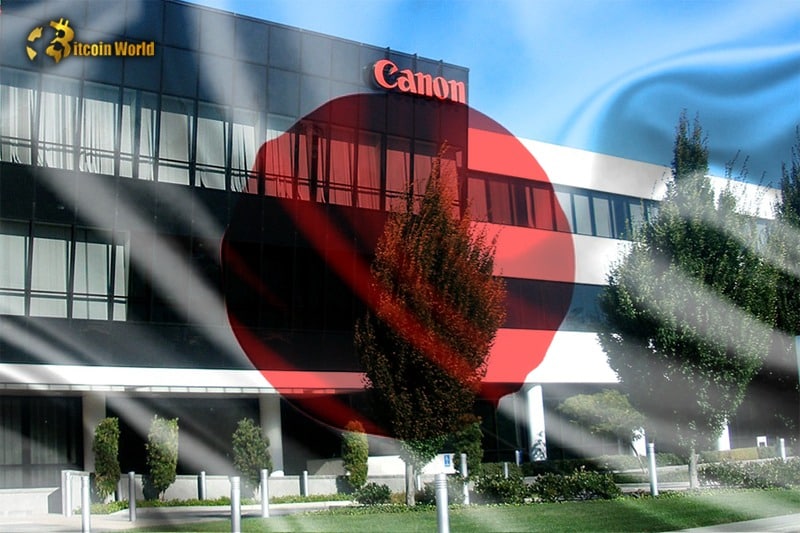Introducing the groundbreaking FPA-1200NZ2C system, which boasts the ability to manufacture semiconductors as small as 5 nanometers, with the capacity to scale down to a minuscule 2 nanometers. This remarkable feat surpasses the capabilities of Apple’s A17 Pro chip, as featured in the iPhone 15 Pro and Pro Max.
Canon, the renowned Japanese corporation celebrated for its excellence in printers and cameras, unveiled an ingenious solution on Friday, October 13th. This innovation is expressly designed to revolutionize the production of cutting-edge semiconductor components.
As reported by CNBC, Canon’s newly introduced “nanoimprint lithography” system stands as a formidable response to ASML, a Dutch industry giant dominating the realm of extreme ultraviolet (EUV) lithography machinery. ASML’s machines are indispensable for crafting state-of-the-art chips, including those adorning the latest Apple iPhones.
The use of these machines has become a focal point in the ongoing technological feud between the United States and China. The U.S. has deployed export restrictions and a myriad of sanctions to hinder China’s access to vital chips and manufacturing equipment, thereby impeding the progress of the world’s second-largest economy in a field where it’s perceived as trailing.
ASML’s EUV technology has garnered significant attention from leading chip manufacturers due to its pivotal role in enabling semiconductor production at the ultra-precise 5-nanometer level and beyond. This nanometer metric refers to the size of chip features, with smaller values accommodating a greater number of features, thereby enhancing semiconductor performance.
Canon has boldly announced that their groundbreaking FPA-1200NZ2C system is capable of producing semiconductors matching the 5-nanometer (nm) standard while offering the remarkable ability to scale down to a mere 2nm. This achievement outpaces the capabilities of Apple’s A17 Pro chip, which is featured in the iPhone 15 Pro and Pro Max, and is based on a 3nm semiconductor platform.
The Dutch government has imposed stringent restrictions on ASML, effectively preventing the export of its EUV lithography machines to China, where none have been dispatched. This limitation exists due to the critical role these machines play in the production of cutting-edge semiconductor chips.
With Canon boldly asserting that their new system can facilitate the production of semiconductors equivalent to 2nm, it is poised to garner heightened scrutiny and attention on the global stage.














